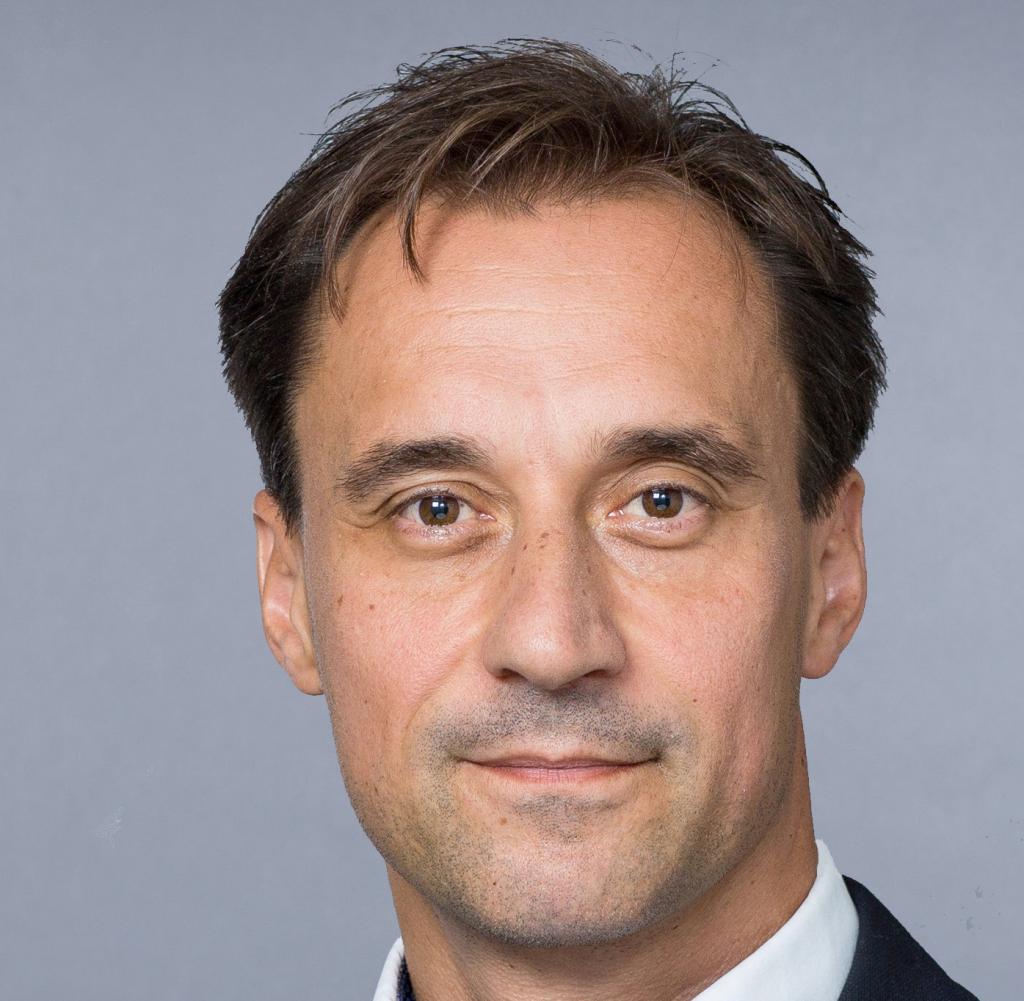Hendrik Wüst (CDU) and Olaf Scholz (SPD) were still laughing together over a glass of beer: North Rhine-Westphalia’s Prime Minister and the Chancellor sat together at the NRW Festival in Berlin last week and had a good time. But no sooner had the party mood faded than Wüst was putting political pressure on the federal government again: “We must end irregular migration to Germany,” Wüst said on X on Thursday. His “expectation” of the Chancellor was clear: “He must show leadership
With this post, the Christian Democrat is sharpening his comments from an early morning press conference and focusing his message even more on the Chancellor. When the Conference of Prime Ministers (MPK) meets with Scholz next week, it will probably not be as cozy as the party. Wüst will make sure of that.
He is vehemently committed to ensuring that asylum applications are processed at the EU’s external borders so that too many migrants who are not entitled to protection do not enter the country. The municipalities complain about a lack of space in housing, schools and daycare centers and have long since reached their limits. Wüst wants to prevent himself from being held politically responsible at some point.
To do this, he is even risking conflict in his black-green coalition, which has so far run smoothly. The Prime Minister also advocates deporting serious criminals to Afghanistan and is in favor of negotiations with the Taliban regime. The federal government will have to “bite the bullet,” says Wüst. The Greens disagree. The differences within the coalition are growing on the issue of migration.
The 48-year-old is using his state government office to push his way onto the federal political stage: two days ago, at a joint cabinet meeting of North Rhine-Westphalia and Saxony in Leipzig, he suggested a “reunification 2.0” for an exchange between East and West. On Friday, he will present the Children’s Report 2024 on “Democracy Education in Germany” with representatives of the German Children’s Fund in Berlin.
When Wüst was elected head of the NRW government in October 2021 and made his first appearance in federal politics, an undeniable mockery from Scholz came into circulation shortly afterwards: Wüst was an “amateur in a prime minister’s costume,” the chancellor is said to have said after a confrontational MPK round about compulsory corona vaccination in January 2022.
Scholz has probably revised this view long ago. The Westphalian is establishing himself at the federal level and clearly enjoys contact with the politically powerful – on an equal footing. In his digital poetry album on Instagram, Wüst can be seen arm in arm with French Prime Minister Emmanuel Macron in Münster.
Pollsters have also noticed Wüst’s potential. Formally, he is only a state politician and not even the CDU’s federal vice-chairman, but he still appears in nationwide political surveys. In February, he was listed as the second most popular politician in the ZDF “Politbarometer”.
His suitability for chancellor was questioned in May in the Germany trend by Infratest Dimap. He was ranked on a par with CSU leader Markus Söder and far ahead of CDU leader Friedrich Merz.
After Merz’s re-election as party leader and in view of the Union’s victory in the European elections, it is actually looking like the CDU chairman will be the Union’s candidate for chancellor in 2025. However, Wüst is putting the brakes on and pointing out that the question will not be decided until autumn. Merz says something similar. But Wüst’s statement sounds much more vague than is estimated internally.
“I think the question is open, otherwise we would have decided. And as long as it is not decided, it is open,” said Wüst recently on the ARD program “Konfrontation”. He indirectly relativized Merz’s right of first recourse, which he is actually granted, and at the same time brought himself back into play by declaring that he currently sees “more like five than ten” potential Union chancellor candidates. “All state premiers have the government experience and also the ability to run for chancellor,” said Wüst.
He sees himself not only as a kingmaker in the K question because he is the head of the powerful NRW CDU – but also as a reserve candidate in case something goes wrong with Merz. Wüst, who is 20 years younger, pursues a different political approach: less polarizing, not edgy, but more unifying and softer in his communication.
Pollsters believe that Wüst has greater mobilization potential, especially among younger people and women. In NRW, the CDU is at 38 percent, which is significantly better than the national average. There are major problems in the state with traffic, schools and daycare centers. But these have apparently not yet been linked to Wüst’s CDU, no matter how hard the opposition SPD is trying to do so.
In 2023, things escalated between Wüst and Merz when a signed article by Wüst appeared in the “FAZ”. In it, he explicitly praised the former CDU party leaders and heads of government Helmut Kohl and Angela Merkel for their motto of appealing to the political center.
Merz was not mentioned by name. However, Wüst wrote, among other things: “Anyone who only scores cheap points and runs after the populists is laying the axe to their own roots and plunging themselves into chaos.” This was understood as fundamental criticism of Merz, and Merz himself was said to have been beside himself. Wüst confirmed the dispute on the “Konfrontation” program and announced that they had spoken out.
Wüst avoids direct criticism – as was the case this week, when Merz categorically ruled out cooperation with the Sahra Wagenknecht alliance. But the NRW Prime Minister and other Union representatives see things in a more differentiated way. Wüst emphasizes, for example, that “in the states where it matters, the colleagues will make the right decision.” Careless formulations by Merz also encourage Wüst to position himself.




